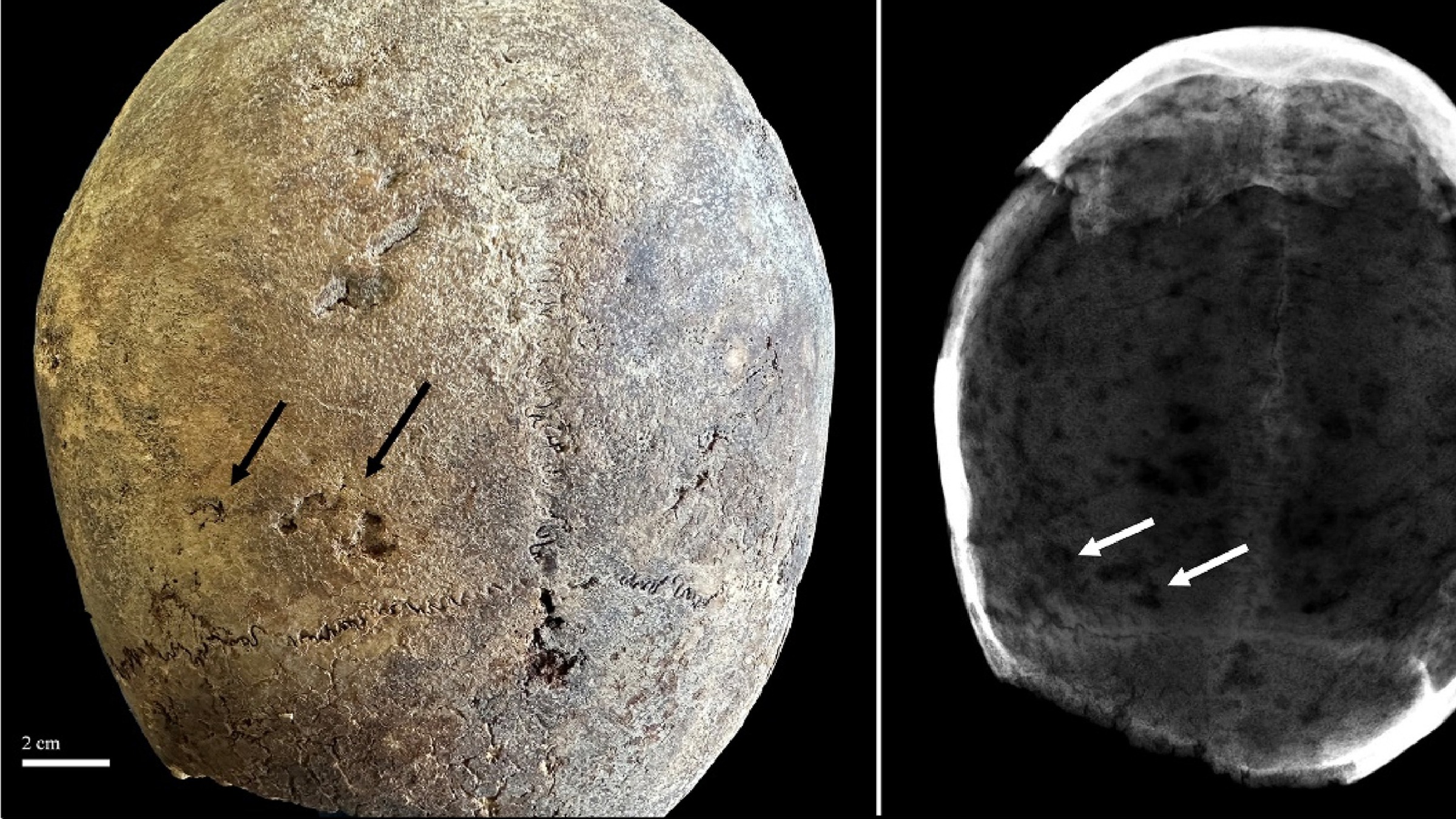Pharmaceutics, Vol. 16, Pages 962: Liposomal Encapsulation of Ascorbyl Palmitate: Influence on Skin Performance
Pharmaceutics doi: 10.3390/pharmaceutics16070962
Authors: Aleksandra Stolić Jovanović Vanja M. Tadić Milica Martinović Ana Žugić Ivana Nešić Stevan Blagojević Nebojša Jasnić Tomislav Tosti
L-ascorbic acid represents one of the most potent antioxidant, photoprotective, anti-aging, and anti-pigmentation cosmeceutical agents, with a good safety profile. However, the main challenge is the formulation of stable topical formulation products, which would optimize the penetrability of L-ascorbic acid through the skin. The aim of our research was to evaluate the performance of ascorbyl palmitate on the skin, incorporated in creams and emulgels (2%) as carriers, as well as to determine the impact of its incorporation into liposomes on the penetration profile of this ingredient. Tape stripping was used to study the penetration of ascorbyl palmitate into the stratum corneum. In addition, the sensory and textural properties of the formulations were determined. The liposomal formulations exhibited a better penetration profile (p < 0.05) of the active substance compared to the non-liposomal counterpart, leading to a 1.3-fold and 1.2 fold-increase in the total amount of penetrated ascorbyl palmitate in the stratum corneum for the emulgel and cream, respectively. Encapsulation of ascorbyl palmitate into liposomes led to an increase in the adhesiveness and density of the prepared cream and emulgel samples. The best spreadability and absorption during application were detected in liposomal samples. The obtained results confirmed that liposomal encapsulation of ascorbyl palmitate improved dermal penetration for both the cream and emulgel formulations.

 2 months ago
20
2 months ago
20


